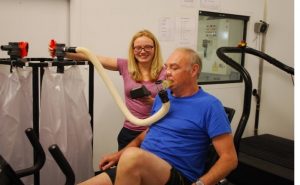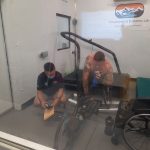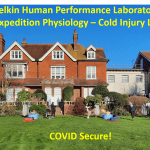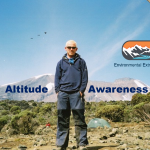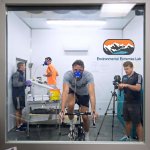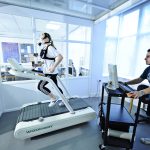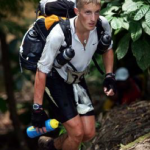Research Themes
The focus of the Environmental Extremes Lab (EEL)’s research is towards investigating the human body’s physiological and psychological responses to sport, exercise and occupational activities in environmental extremes and how to optimize preparation strategies and minimize risk of illness from these hazardous conditions. This over-arching purpose facilitates research enquiry and advances knowledge that is both mechanistic and applied in nature, from the cell to the entire body, and we believe these research approaches complement each other and improve our understanding of how humans tolerate and prepare for exercise in extreme environments.
We have a broad and highly active PhD programme that aims to advance knowledge and understanding through the study of applied problems that athletes, coaches, practitioners and a range of special populations encounter when exercising in extreme environments. In EEL, we see a primary goal is to educate talented young researchers in a variety of research skills relevant to the study of humans in extreme environments and provide experiences that expand their research expertise and improve their employability.
EEL has three sub research themes as presented below:
Theme 1: Optimising Sports Performance in Extreme Environments
Theme 2: Occupational Activities & Safety in the Extremes
Theme 3: Impact of Environmental Extremes on Healthy Living
Volunteers
If you are interested in volunteering to become a participant for a research study, please email Dr Neil Maxwell, who will make members of the EEL team who are carrying out research studies aware of your interest. Sometimes there are restrictions on who we can recruit (i.e. males or females, trained or untrained, young or elderly) that might not make it possible to be a participant in all research studies. The benefits of taking part in these research studies can be varied, from understanding how you respond to a specific environment, whether at rest or during exercise, to what advice might be helpful for you to cope better in that environment. There is the added element of what we do may be very interesting to you and of course the knowledge, by being a participant you can help further knowledge and how this is communicated to help others in the future.


